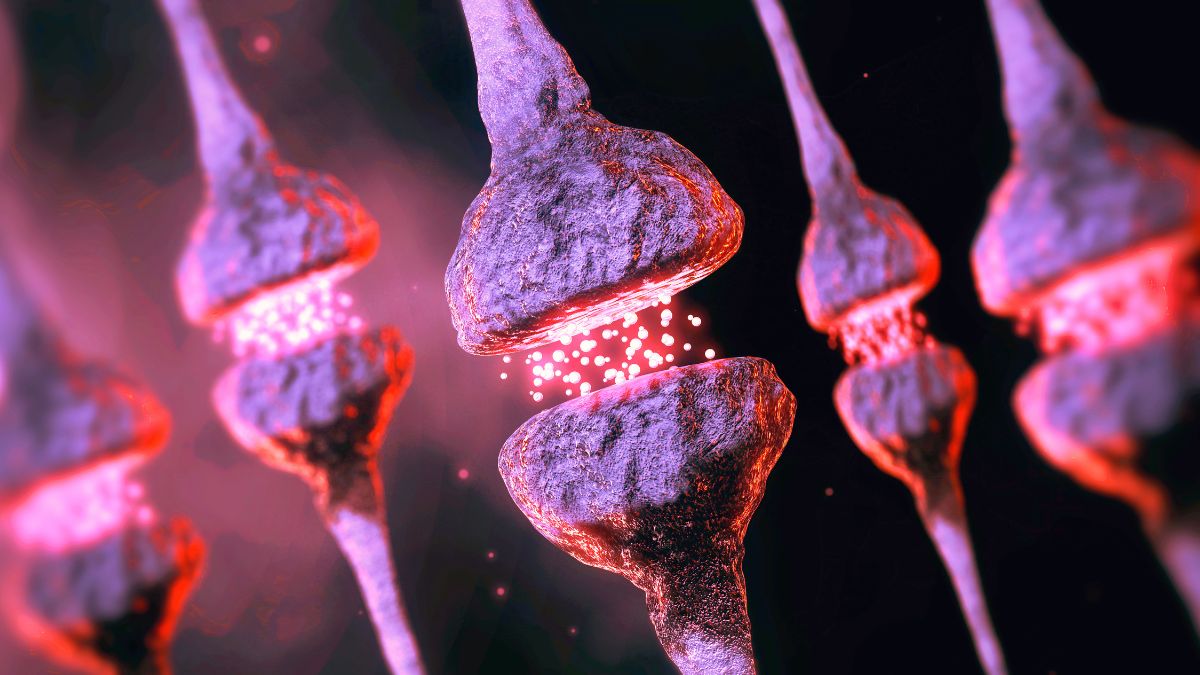
The quest for immortality is shifting from mere fantasy to a tangible possibility, as advancements in artificial intelligence (AI) and nanotechnology promise to extend human life significantly. Recent discussions have explored how these technologies could redefine aging and longevity, leading to the potential for much longer—and perhaps even eternal—lives.
Historical Context of Life Expectancy
Over the past century, life expectancy has dramatically increased. In the early 20th century, the average lifespan in the United States was merely 47 years. By the mid-20th century, this figure rose to approximately 66 years for men and 71 years for women, largely due to improvements in sanitation, healthcare, and the introduction of antibiotics.
As the century progressed, life expectancy climbed further, reaching about 78 years by the end of the 1990s. This improvement was partly attributed to advancements in heart disease prevention, which gained traction in the 1960s. Despite significant medical progress, heart disease remains a leading cause of premature death in many developed countries.
However, recent data reveals a concerning trend. Apart from notable exceptions like South Korea and Hong Kong, many nations are experiencing a decline in life expectancy, with averages falling below those recorded three decades ago. This decline highlights the biological limitations that currently govern human longevity.
The Role of AI and Nanotechnology
The emergence of AI presents a transformative potential for extending human life. With its ability to process vast amounts of information quickly, AI has already accelerated the development of critical medical solutions, such as the mRNA Covid vaccine. Researchers anticipate that AI will revolutionize cancer treatments by enabling therapies that can outsmart resistant tumors.
As AI continues to enhance our understanding of complex diseases, it could pave the way for breakthroughs in neurodegenerative conditions like Alzheimer’s Disease. By mapping the brain’s intricate workings, scientists may be able to formulate preventive measures that could stop these diseases in their tracks.
Another promising development is the rise of nanotechnology. This field focuses on engineering microscopic systems, such as nanobots, which could repair and replace damaged cells within the human body. Experts suggest that within the next 10 years, these technologies may become available, potentially enabling the creation of “perfected” humans.
Moreover, some envision a future where AI allows for the integration of human consciousness with digital platforms. Such advancements could provide individuals who fear death with the option to preserve their essence indefinitely.
While the prospects are exciting, they are not without risks. Both AI and nanotechnology carry the potential for unforeseen consequences, including the possibility of malfunctioning systems that could pose threats to humanity. Despite these concerns, the prevailing view among some experts is that maintaining a healthy lifestyle—through exercise, nutrition, and sleep—is still the most reliable method for promoting vitality.
The conversation surrounding life extension is evolving, reflecting a blend of hope and caution. As humanity stands on the brink of potentially rewriting the rules of aging, the desire for a longer life remains a fundamental aspect of our existence. Whether this pursuit leads to a new era of immortality or poses significant ethical dilemmas will be determined in the years to come.
This exploration of longevity and technology underscores the delicate balance between innovation and the inherent biological limitations we face. As we advance, society must navigate these developments with care, ensuring that the pursuit of eternal life does not overshadow the values that make life worthwhile.







